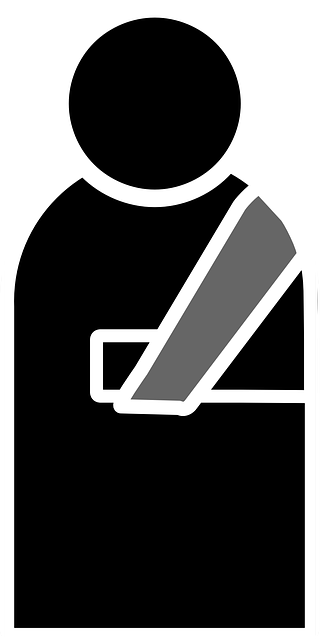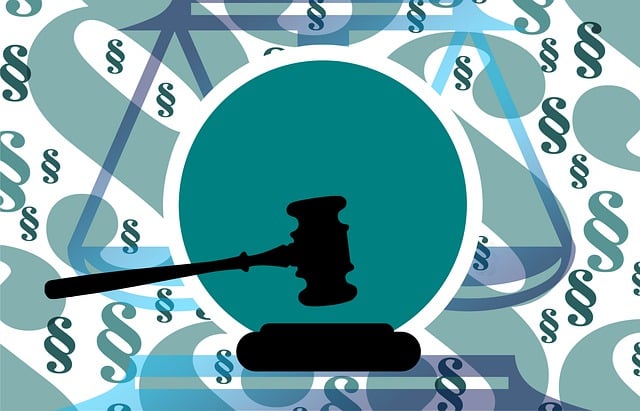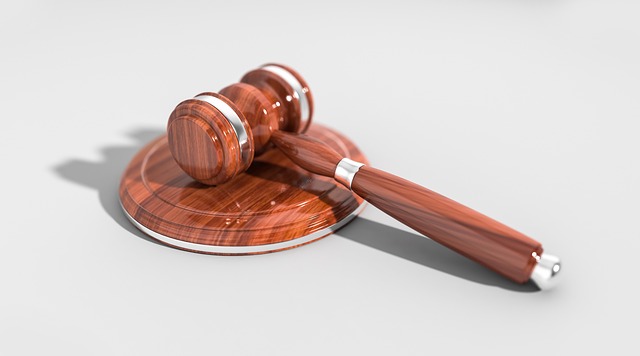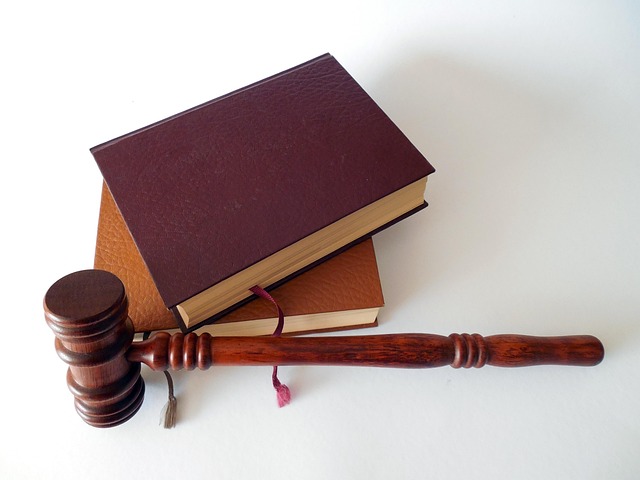Personal injury law safeguards individuals harmed by another's negligence or intentional actions, ensuring compensation for medical bills, pain and suffering, lost wages, and associated damages. Key concepts include duty of care, negligence, liability, causation, and damages. Prominent claim types are negligence (e.g., driver failing to yield) and product liability (defective products like faulty brakes). Understanding liability and compensation is crucial for seeking justice. After an injury, prioritize medical care, document details, and consult a qualified attorney specializing in personal injury law to protect your rights and maximize potential compensation.
Personal injury law protects your rights and ensures just compensation after a traumatic event. This comprehensive guide delves into the intricate world of personal injury claims, offering a clear understanding of your legal options. From defining key concepts like liability and compensation to exploring common types of claims and navigating post-injury steps, this article is your trusted companion. Uncover the process, know your rights, and gain insights into achieving justice with expert guidance on personal injury law.
- Understanding Personal Injury Law: A Comprehensive Overview
- Common Types of Personal Injury Claims and Their Legal Process
- The Role of Liability and Compensation in Personal Injury Cases
- Navigating the Road to Justice: Your Rights and Steps After an Injury
Understanding Personal Injury Law: A Comprehensive Overview

Personal injury law encompasses a range of legal issues and rights related to physical harm or loss suffered by an individual due to another person’s negligence, intentional actions, or product defects. It provides a framework for individuals who have been injured to seek compensation and justice. This area of law is designed to ensure that victims are properly compensated for their injuries, medical expenses, pain and suffering, lost wages, and other associated damages.
Understanding personal injury law involves grasping key concepts such as duty of care, negligence, liability, causation, and damages. Duty of care refers to the legal obligation one person has to act responsibly towards others, while negligence occurs when this duty is breached, leading to harm. Liability establishes responsibility for the damage caused, and causation determines whether the defendant’s actions directly led to the victim’s injuries. Damages, a crucial aspect, refer to the financial redress awarded to compensate for losses suffered by the victim.
Common Types of Personal Injury Claims and Their Legal Process

In the realm of personal injury law, several common types of claims emerge, each with its distinct legal process. One of the most prevalent is negligence, where an individual sues for harm caused by another’s careless or reckless actions. For instance, if a driver fails to yield at a crossroads and collides with another vehicle, resulting in injuries, the affected party can file a negligence claim under personal injury law. The legal process involves gathering evidence, such as medical records and eyewitness statements, to prove the other party’s liability.
Another notable category is product liability, where consumers sue manufacturers or retailers for injuries caused by defective products. This could range from car accidents due to faulty brakes to medical malpractice stemming from recalled medication. The legal journey in these cases entails identifying the responsible party, establishing product defect, and demonstrating how the defect directly led to the injury. Personal injury law plays a pivotal role in ensuring victims receive compensation for their pain, suffering, and associated expenses.
The Role of Liability and Compensation in Personal Injury Cases

In personal injury law, understanding liability and compensation is paramount. When a person suffers harm due to another’s negligence or intentional actions, establishing liability forms the foundation for seeking justice and redress. Liability refers to the legal responsibility of an individual or entity for causing damage or harm to another. In personal injury cases, this often involves proving negligence, such as failure to exercise reasonable care, which led to the victim’s injuries. Once liability is established, the focus shifts to compensation—determining how much financial reimbursement the victim is entitled to for their losses and suffering.
Compensation plays a crucial role in personal injury law, ensuring victims receive fair and just rewards for their injuries. This includes not only economic damages, like medical expenses and lost wages, but also non-economic damages like pain and suffering, emotional distress, and loss of quality of life. The goal is to restore the victim as closely as possible to their pre-accident condition and provide a measure of security during their recovery. Effective personal injury law ensures that individuals who have suffered harm due to others’ actions are not only held accountable but also provided with the resources needed for healing and rebuilding their lives.
Navigating the Road to Justice: Your Rights and Steps After an Injury

After sustaining a personal injury, it’s crucial to understand your rights and the steps involved in navigating the legal system under personal injury law. The first step is to seek medical attention for your injuries. It’s important to document all details related to the incident—from the date and time to any evidence gathered, such as photos or witness statements. This information will be vital when filing a claim.
Next, consider consulting with a qualified personal injury attorney who can guide you through the legal process. They’ll help assess your case, determine liability, and calculate potential compensation for your injuries, medical bills, and other related expenses. Following this advice ensures that your rights are protected and increases your chances of achieving justice under personal injury law.
Personal injury law plays a vital role in ensuring victims are compensated for their suffering and seeking justice. By understanding the different types of claims, the legal process involved, and your rights as an injured party, you can navigate this complex landscape with confidence. This comprehensive guide has provided insights into liability, compensation, and the steps to take after an injury, empowering folks to make informed decisions in their pursuit for fairness and healing. Remember, knowledge is power when it comes to personal injury law—take a dive into these essential topics to ensure your rights are protected.
